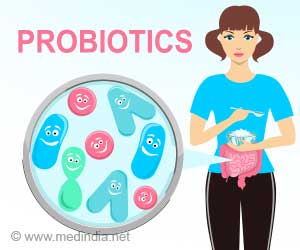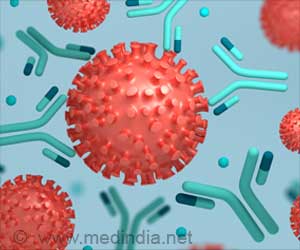Like in a human community, we need people that have different professions because we don’t all know how to do every single job. And so, the same happens with bacteria. There is a need for lots of different gut bacteria that know how to do different things.
Even though we haven’t come up with a single definition of what is a healthy gut microbiome, one of the constant things we observe in healthy people is that they have a higher level of diversity and more variety of bacteria in the gut.
How to Restore Gut Flora After Taking Antibiotics?
Previous studies demonstrated that taking probiotics can reduce gastrointestinal side effects from antibiotics, but there has been debate over whether taking probiotics alongside antibiotics can also preserve the diversity and composition of microbes in the gut.
Advertisement
Some healthcare professionals are reluctant to recommend probiotics alongside antibiotics for fear of further altering the delicate balance of microbes in the patient’s gut.
A new study published in the Journal of Medical Microbiology reveals the first systematic review to assess the effect of taking probiotics alongside antibiotics on the diversity and composition of the human gut microbiome.
They found that taking probiotics alongside antibiotics can prevent or lessen some antibiotic-induced changes to gut microbiome composition. Probiotics can also help protect species diversity and even restore the populations of some friendly bacteria such as Faecalibacterium prausnitzii, which reduces inflammation and promotes a healthy intestinal barrier.
Participants who took antibiotics saw several consistent changes in some bacterial species. But when treatment was combined with probiotics, the majority of those changes were less pronounced and some changes were completely prevented.
Considering the human data available up to this point, there does not seem to be a reason to withhold a prescription of probiotics when antibiotics are prescribed.
Source: Eurekalert



